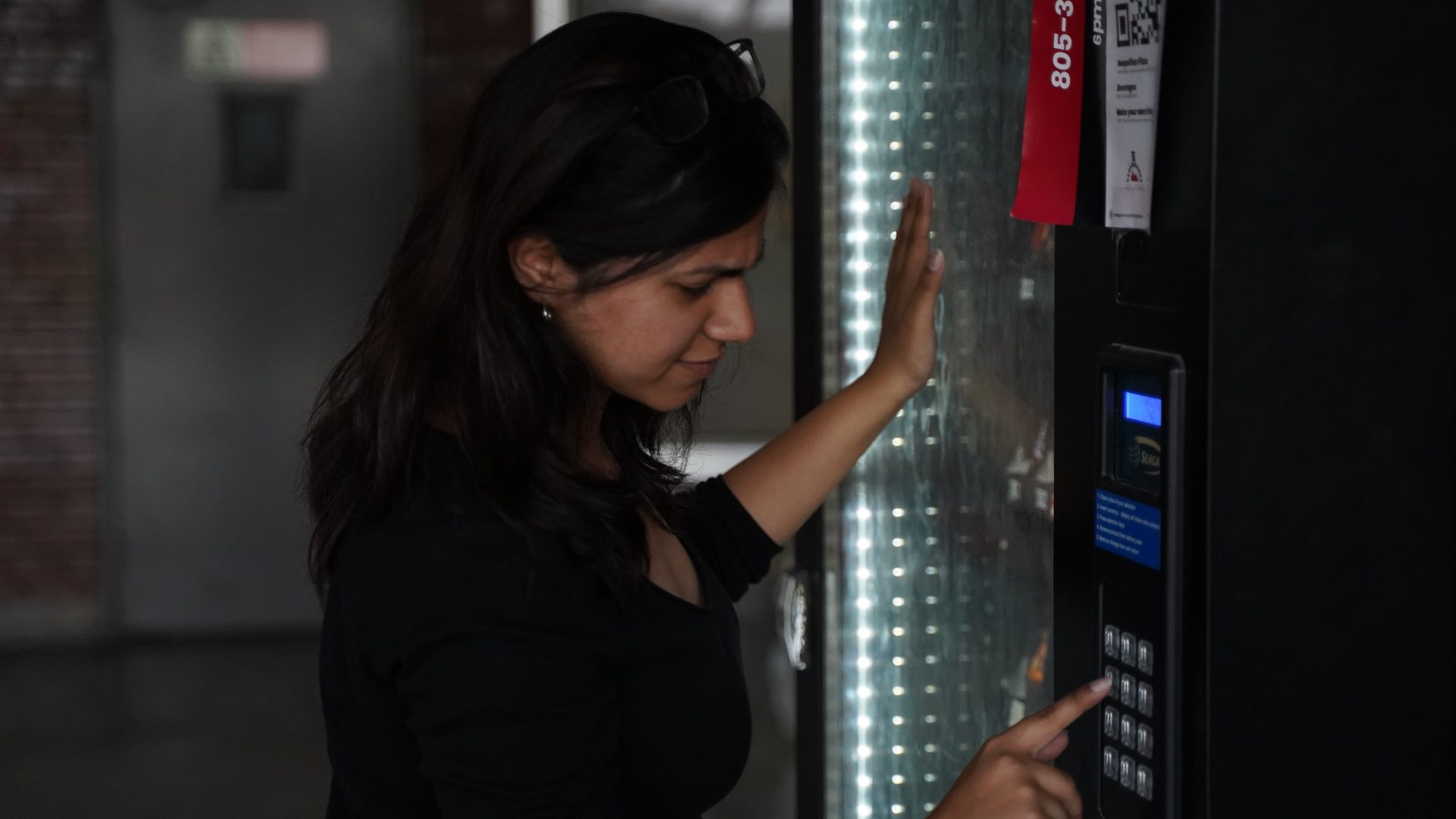A local council should be like a good vending machine: put your money in, get your perfectly chilled product [or service] out.
(Sadly, too many people to name)
The vending machine
The council-as-vending-machine image was very influential when I worked for a large city council during the first half of the 2010s. Its senior executives used customer service language all the time. The council would be effective, efficient and appreciated if its staff served other business units, ratepayers, businesses and the community as customers. The government of the day even changed the Local Government Act in 2012 to mandate this agenda.
But local councils are not vending machines. They are complex human organisations with very different purposes. They are supposed to provide for the well-being of their communities and to ‘enable democratic local decision-making and action by, and on behalf of, communities’. We’re talking about communities of citizens, not customers.
Our councils?
Apart from rare occasions – e.g., when the government proposes cutting councils out of managing water – the democratic purpose is almost never talked about by local council executives, elected councillors, or by government ministers and media commentators. At a time when the performance and future of local government is under review, could this long-running silence by our governing elite, this neglect, be the undoing of what we should think of as ‘our’ councils?
Local democracy should be much more than running local elections, holding council meetings, hearing submissions and offering grant funding to community groups. If a council is functioning well democratically, ‘the people’ become collective agents capable of doing things for themselves. No one I’ve spoken to feels that they are part of, or have any ability to act with others through, their council.
Beyond elected representatives?
Despite many well-meaning councillors, there is no sense of ‘us’ in the way councils fix roads, take rubbish away, or develop long-term plans. If we still want democratic local government, perhaps we need to move beyond elected representatives acting for (but without) us, and find new ways of doing local democracy. This was certainly the gist of Trust Democracy’s letter to the Local Government Review Panel in June 2021.
Trust Democracy believes the future of local democracy is far too important to be left to politicians and experts alone; ordinary people need to be at the table too. That’s why we are looking forward to facilitating some workshops in Porirua early in 2022. We want people to be able to consider the pros and cons of different approaches for making local government work better. As a starting point for these deliberations, our new Our Local Councils choicebook sets out 3 approaches and provides essential background information.
You are welcome to use our choicebook if you are part of a group that would like to consider the future of local government but please contact us first so that we can discuss how best to use the choicebook.
Trust Democracy would like to acknowledge the funding provided by the Hutt Mana Charitable Trust to support the development of Our Local Councils.

